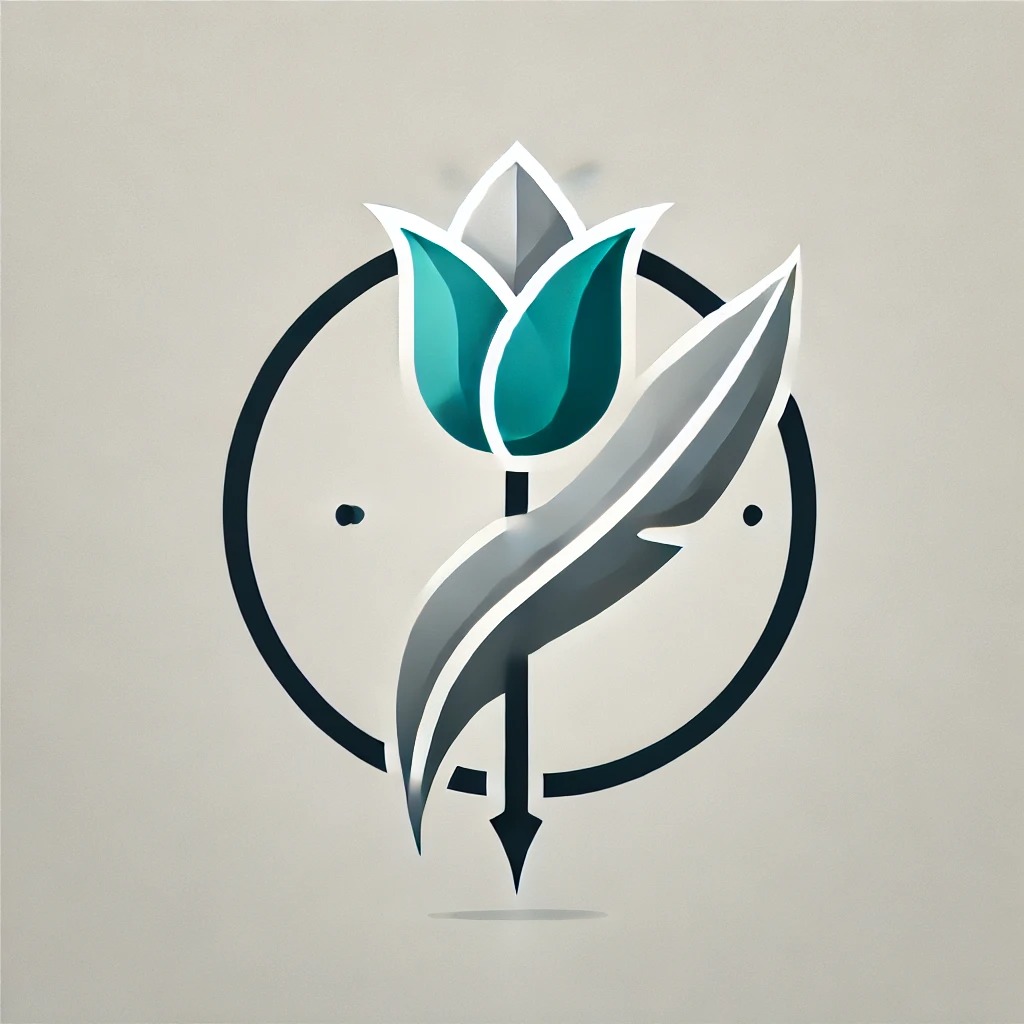
Kayıp Kardeş (Haydar ERGÜLEN)
Original Version
Coordinator/ Human Translation
Machine Translation (Google Translate)
KAYIP KARDEŞ
Tanrım, evsahibim, izin ver bana
biraz daha oturayım evinde
içimde taşıdığım kardeşim yalnız
onu doğurduktan sonra durmam burada
Kardeşim, sokağım, izin ver bana
biraz daha taşıyayım seni içimde
sen de hayata atılır atılmaz
yapayalnız kalacağım dünyada
Ömrüm, küçük odam, izin ver bana
biraz daha arayayım yolu şiirde
ruh tesadüf eder de bulurum belki
kaç kayıp kardeşim varsa bu yolda
LOST SIBLING
My God, my landlord, allow me
to sit a little longer in your house
my lost sibling, who I carry within
after giving birth to him, I won’t stay here.
My sibling, my street, allow me
to carry you a little longer within me
as soon as you venture into life
I will be left alone in this world.
My life, my small room, allow me
to search for the path in poetry a little longer
perhaps by chance, I will find the soul
of all my lost siblings on this journey.
LOST BROTHER
Lord, my host, let me
let me sit at home a little longer
the only brother I carry inside me
I won’t stop here after I give birth to her
Brother, my street, let me
Let me carry you a little more inside me
as soon as you are thrown into life
I will be alone in the world
My life, my little room, let me
let me search a little more the way in poetry
the soul may happen by chance and maybe I will find it
how many lost brothers i have on this road
Critical Reading and Analysis: Çıraklı “A Modest Proposal for Critical Reading”
Haydar Ergülen (1956–) is one of the most significant poets in contemporary Turkish literature. His poetry often delves into personal and existential themes, exploring memory, identity, and loss with a sense of introspection and subtle spiritual reflection. "Kayıp Kardeş" (The Lost Sibling) is a poem that reflects Ergülen’s contemplative and introspective style, using the concept of a "lost sibling" as a metaphor for a deeper search for self, meaning, and connection within life and poetry.
The poem creates a deeply personal and metaphysical setting. The speaker addresses multiple entities—God (Tanrım), a sibling (kardeşim), and life itself (ömrüm)—as they navigate feelings of loneliness, searching for meaning and connection. The "lost sibling" is both a literal and metaphorical figure, representing the speaker’s quest for unity, belonging, and a sense of wholeness. The poem's world is one of quiet introspection, where the speaker moves between spaces—home, the street, and life—seeking comfort and understanding through poetry.
Modernist Turkish Poetry
• Equilibrium: The speaker exists in a state of contemplation, holding a metaphorical "lost sibling" within them. • Disruption: The awareness of eventual separation or loss as the sibling (or sense of connection) must inevitably be "born" or leave, leading to the speaker's isolation. • Recognition: The speaker realizes that they will be left alone, yet the journey to find their lost siblings—spiritual or emotional—continues. • Attempt to repair the damage: The speaker turns to poetry, searching for a sense of wholeness or reunion through artistic expression. • New equilibrium: The speaker remains in a state of searching, with poetry becoming the vehicle for understanding and possibly finding what was lost.
• Fear of Death: The lines referring to death and fear of death (“Death is so heavy”) represents the speaker’s over-anxiety. On the other hand, mortality is presented to be key to eternity, which creates sense of identity and gives life a purpose. The speaker is entrapped in the existential paradox of life and death, they cannot live on peacefully neither want to die recklessly. • The Unconscious: The speaker’s transformation fantasy refers to their neurotic state and underscores their fear of nonexistence and oblivion. They want to achieve eternity, eternal beauty, spiritual redemption and revival.
• Fear of Death vs. Eternity • Over-Anxiety vs. Purpose • Existential Paradox vs. Transformation Fantasy





